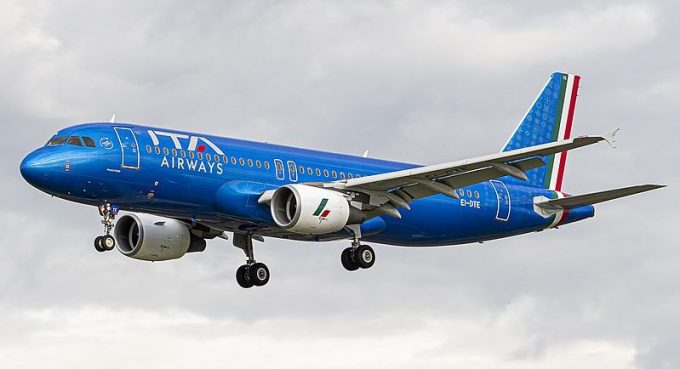The post-tariff evolution of MSC's transpacific network
Since the shift in alliances earlier this year, Gemini duo Maersk and Hapag-Lloyd have been ...

The vertical integration and modal mash-up continues. The Loadstar reveals today that a forwarder has started a shipping line and now a shipping line is looking at buying an airline.
MSC has told the Italian government it wants to buy a stake in the new airline, ...

Comment on this article
Theodor Strauss
January 25, 2022 at 4:01 pmPerhaps a good thing to look back at another shipping line which had airline ambitions and hopes, but is no longer with us. Nedlloyd had TRANSAVIA, Martin Air and at one stage NETHERLINES. And what did it bring them?
My conclusion is that a shipping line should stick to its essence: running ships.